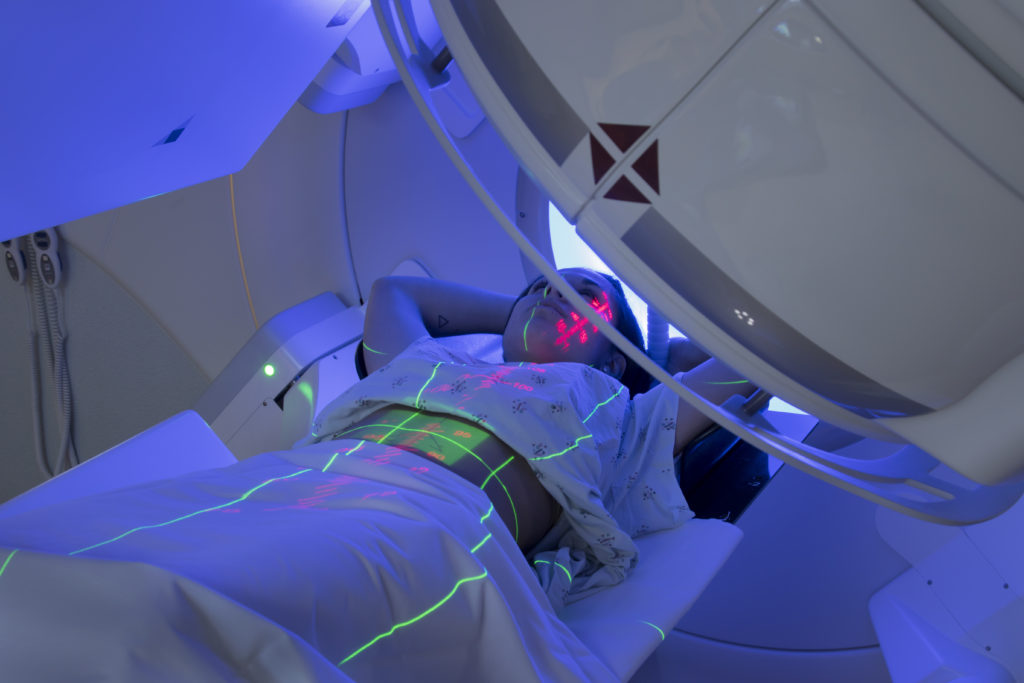
Hi. My name is Gita and I have been a Therapeutic Radiographer for nearly 30 years. I’d like to share my professional and personal experiences of treating both primary and secondary breast cancer.
I’ll start by talking about my gorgeous friend Fran. She was in her mid 40’s ,had regular mammograms because of family history and one day they found a lump. After all the initial emotions that you go through when given such news, Fran knew that she had to find the strength and was determined to beat it. She had surgery, chemo and Radiotherapy and was given the all clear at that point. We celebrated my 40th birthday in style and her gorgeous locks were beginning to grow back. Just a few months later, she was told it had metastasised to her lungs. This time, she had no time to process the information as she need to be treated ASAP within days of being told about her secondary diagnosis. At that point, she knew that not much more could be done and the vigor, strength and determination she had the 1st time to fight this disease wasn’t there. Sadly within a few months she passed away. I share this story because I see this all the time professionally too.

When patients come for their radical Radiotherapy, they by this stage, have had time to process the information, go through the emotions and most times although still scared with a fear of the unknown and for what the future might hold, are fiercely determined to fight this. When patients come to us with secondary disease, it is mostly a different story. They have not had time to process the information as usually palliative treatment needs to be given within days or weeks from diagnosis. The disease the 2nd time round can cause some very scary symptoms, from brain mets, lung mets and cord compression. The disease has now manifested itself in a much more physical form and that is so much harder to deal with for patients and family.
For me I automatically treat all patients the same regardless of diagnosis as they all require compassion, sensitivity, and care. With that said I know that patients with metastatic disease are often in a lot of pain and sometimes with loss of mobility and generally much weaker so we allow more time and take extra care when treating them to ensure that they can be as comfortable as possible.
Medication, help and support at home are also a factor we take into account, and making sure we help put these measures into place. It is also important to offer support to families at this time and again point them in the direction, usually to Macmillan. I have unfortunately seen patients who I have treated for primary breast cancer then come back with metastatic disease and they are a different person. Primary and secondary breast cancer are two very different diseases.
